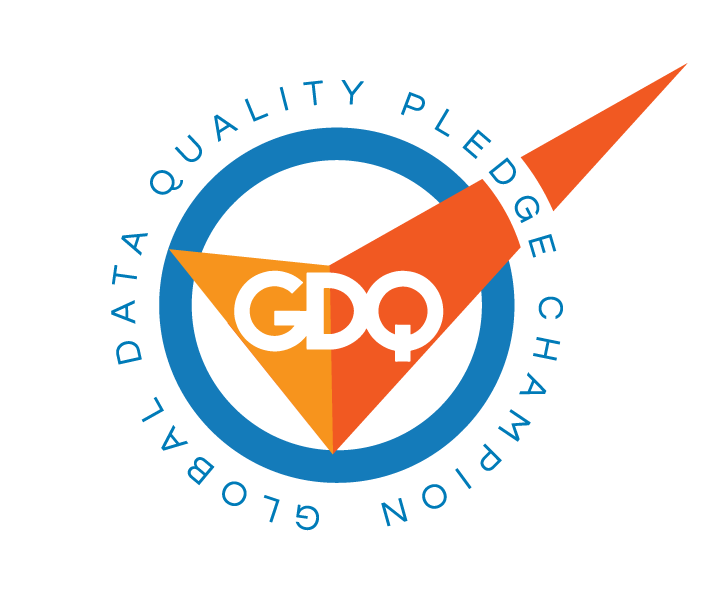Biggest Gaps & Opportunities for AI in Healthcare: An Inlightened Insights Report
We recently launched Inlightened Insights Polls, leveraging our deep network of experts to have discussions around healthcare – to uncover trends, challenges and insights, straight from those on the frontlines of today’s most critical and important issues. In November we examined what mattered most to America’s doctors in the midst of the presidential election, and today, we’re revealing what doctors see as the biggest opportunities and gaps for AI in our report, Advancing Responsible AI in Healthcare: What Doctors Want Innovators to Know.

The findings reveal a significant opportunity for AI to drive responsible disruption across healthcare. They show that America’s doctors are ready and willing to try AI for a number of use cases — including revenue collection, competitive positioning, training, and more — but need the right solutions and guidelines to demonstrate the case for both the business and delivery of care, as well as clearer guidelines for AI use and adoption.
Specific findings include:
- More than half – 57% – are currently using AI tools at work, such as ambient listening/clinical documentation, billing, chatbots, and diagnostics
- 26% are using AI tools because they believe they provide a competitive advantage
- Less than 1 in 3 (28%) say they feel prepared when it comes to leveraging AI’s benefits and protecting patients from its risks
- Nearly 4 out of 10 (38%) said their organization does not have guidelines for the use of AI
- Half (52%) believe AI will be an ally in their current role. Of those:
- 29% believe AI will enable them to capture more revenue
- 40% believe it will both enable more accurate billing and help them design treatment plans for patients
- 3 out of 10 believe AI will be both an ally and a threat. Of those:
- 76% said AI is a potential threat because they could be held accountable for AI errors if patient data is misrepresented
- 57% said AI is a potential ally because it will help improve patient diagnoses
- 23% said AI is a potential threat because it will erode trust with their patients
- For those who feel unprepared to leverage AI’s benefits and protect patients from its risks, to feel more prepared:
- 55% said case studies/examples from colleagues/others in similar roles
- 45% said outside training (i.e., AI/tech expert outside my organization)
According to the findings, 3 out of 10 clinicians feel their organization is behind in regards to developing guidelines for the use of AI, highlighting an opportunity – and need – for leaders to ensure those within their organizations have clear guidance for the inevitable adoption of AI tools.
When asked what impact they believe AI will have on healthcare in the U.S., the top answers were:
“I believe AI will improve patient outcomes” – 55%
“I believe AI will reduce clinical burnout” – 50%
“I believe AI will lower healthcare costs” – 47%
“I believe AI will lead to increased data and security breaches” – 42%
 “These results mirror the conversations I’m having with colleagues about the promises and risks of AI,” said Dr. Oren Mechanic, MD, MPH, MBA, practicing physician, professor, and strategic advisor. “The technology’s promise for improving both the delivery of care and patient outcomes is exciting, and we are currently at an important crossroad that could determine the future of healthcare in the U.S. With the widespread adoption of tools, there are still some gaps to fill, such as the dissemination of compliance guidance. These survey findings highlight the need for the right leadership to ensure we are pursuing AI’s promises and mitigating its risks, such as privacy. As with many healthcare innovations, we will soon better understand all the ways this technology can help us improve our patients’ – and our own – experience with the healthcare system.”
“These results mirror the conversations I’m having with colleagues about the promises and risks of AI,” said Dr. Oren Mechanic, MD, MPH, MBA, practicing physician, professor, and strategic advisor. “The technology’s promise for improving both the delivery of care and patient outcomes is exciting, and we are currently at an important crossroad that could determine the future of healthcare in the U.S. With the widespread adoption of tools, there are still some gaps to fill, such as the dissemination of compliance guidance. These survey findings highlight the need for the right leadership to ensure we are pursuing AI’s promises and mitigating its risks, such as privacy. As with many healthcare innovations, we will soon better understand all the ways this technology can help us improve our patients’ – and our own – experience with the healthcare system.”
“These findings show that America’s doctors are ready to leverage AI for responsible disruption, as long as they have the right solutions and guidelines in place,” said Shelli Pavone, co-founder and president, Inlightened. “The opportunities are vast for companies to close existing gaps, while addressing clinicians’ concerns, such as AI’s potential to erode trust between a doctor and patient and the question of accountability. I believe the companies that position themselves – and their solutions – as physicians’ advocates will stand out and impact the future of healthcare.”






